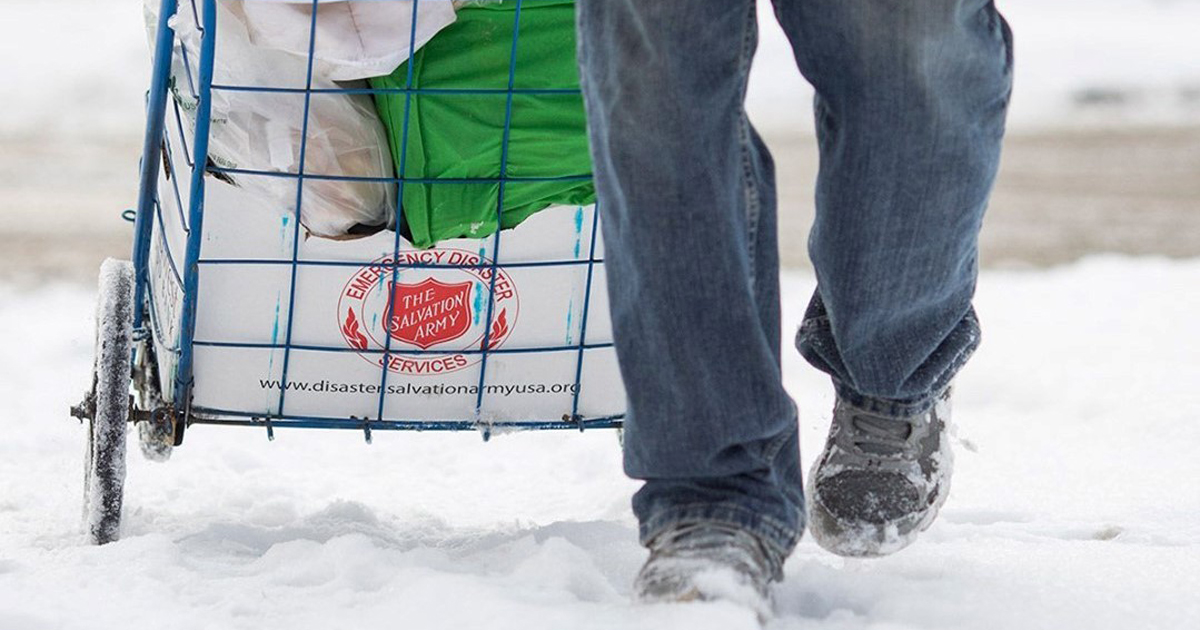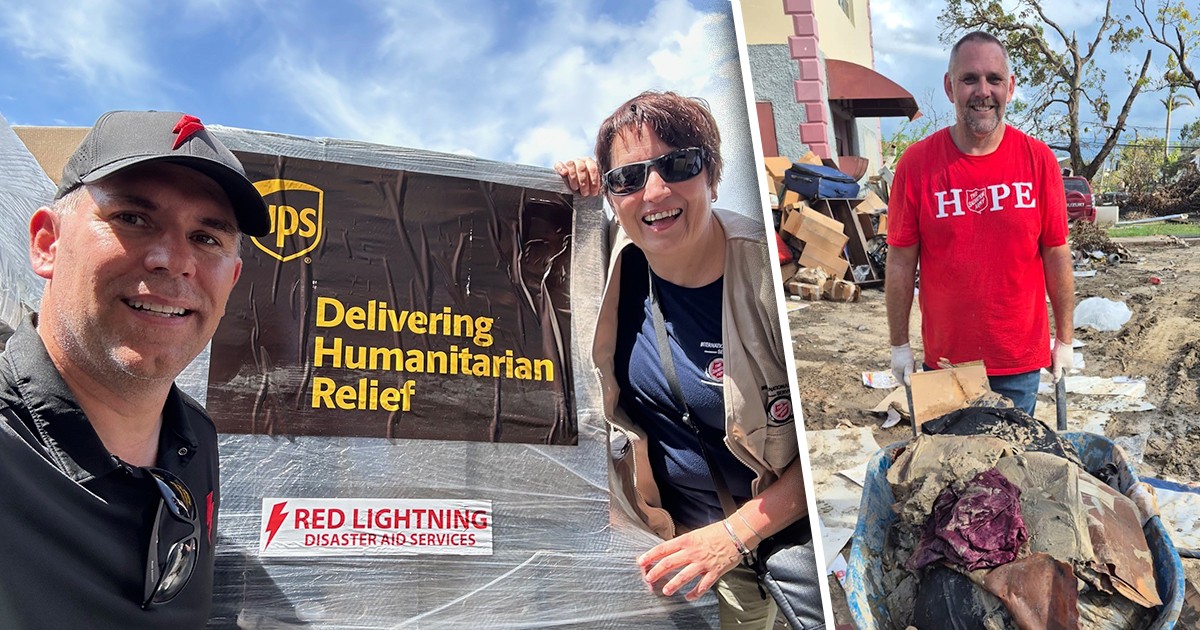Unusual weather patterns have caused the polar vortex – usually stable in the Arctic region– to bring sub-zero temperatures to southern areas with infrastructure more designed for warm conditions, with many reports of frozen water pipes, rolling power cuts and treacherous road conditions. Dallas-Fort Worth Airport’s meteorological station recorded a record low temperature of minus 19°C (minus 2°F) on February 16, making it the coldest day in Texas in 72 years.
"‘The toll the [COVID-19] pandemic has taken on Americans was already great, and now the most vulnerable find themselves without a safe place to shelter from the sprawling winter storm," said Commissioner Kenneth G. Hodder, National Commander for The Salvation Army in the USA. "As even some of the warmest states experience below-zero temperatures, we’re prepared to serve. If needed, all of our 7,600 locations can serve as warming centres, based on local conditions and needs."
Nationwide, The Salvation Army is prepared to open emergency warming stations for people experiencing homelessness in communities where temperatures have reached dangerous lows. The movement is also distributing cold weather clothing, mobilizing outreach units as road conditions permit to serve hot meals and beverages, feeding first responders, providing stranded travellers with temporary shelter and offering emergency transportation.
With a presence in every area, The Salvation Army is uniquely positioned to respond with specialized services based on the needs of each community:
- Galveston County, Texas – partnering with the Community Action Council, the Red Cross, Galveston County Food Bank, Galveston Central Church and the City of Galveston, in a major cold weather response to provide supplies including cots, blankets, pillows and snacks.
- Houston, Texas – around 1,000 blankets supplied to hospitals running on curtailed power, with truckloads of drinking water distributed in municipalities where piped supplies have been compromised and there is no electricity for consumers to boil their water to make it safe.
- North Texas – providing 24/7 warming centres to offer a safe and warm environment with food distribution on a regular basis for millions of people.
- Poughkeepsie, New York – wrapping scarves and gloves around light poles, so individuals who are unable to come directly to the community centre for assistance can still access warm clothes in a socially-distanced manner.
- Chicago, Illinois – providing mobile outreach to bring warmth and shelter to the homeless population.
- Washington DC – continuing to provide hot food, beverages, winter clothing and more.
Report by IHQ Communications
International Headquarters










Leave a Comment